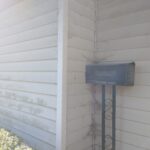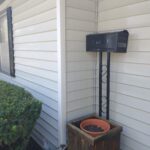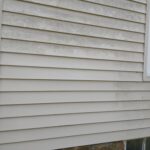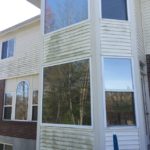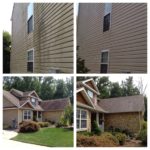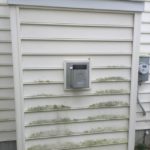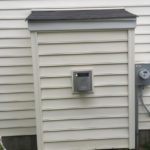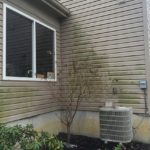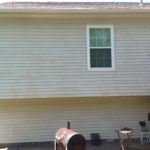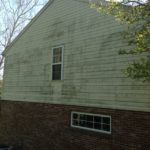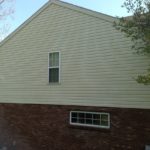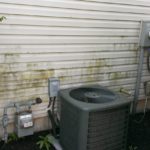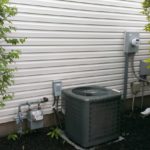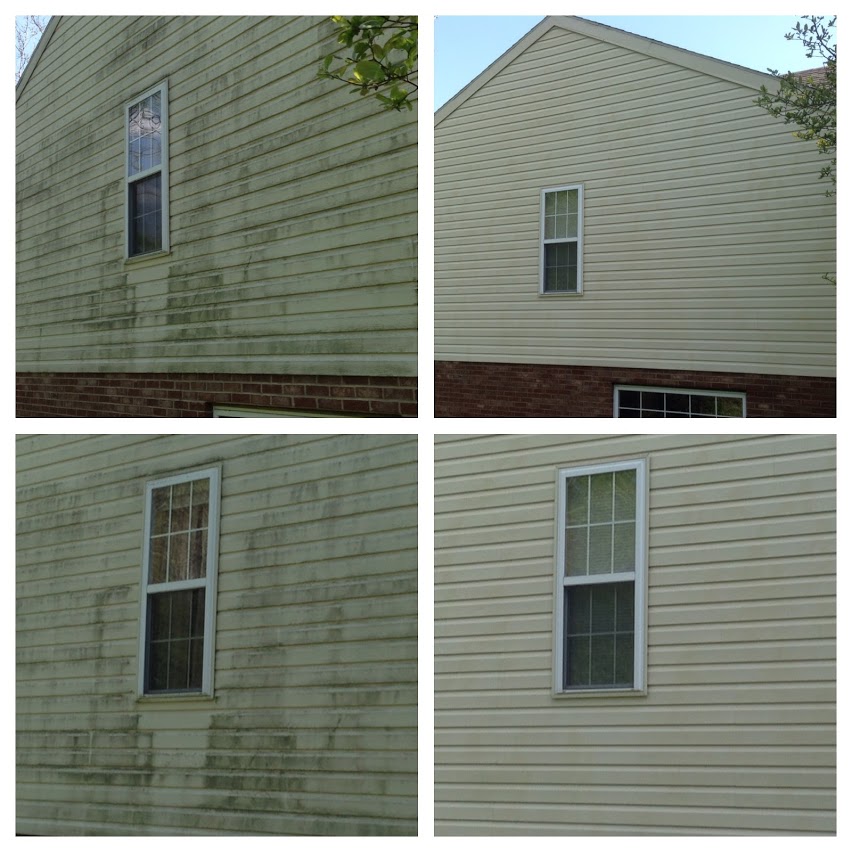Soft Washing
What is Soft Washing?
Soft Washing Lee’s Summit, MO – Soft washing and high-pressure washing are two popular methods used for cleaning exterior surfaces. While both techniques have their advantages, soft washing offers several benefits over high-pressure washing. We will explore what soft washing is, its benefits, and how it compares to high-pressure washing.
Soft Washing Explained: Soft washing is a cleaning method that utilizes low-pressure water combined with specialized cleaning solutions to remove dirt, algae, mold, mildew, and other contaminants from exterior surfaces. Unlike high-pressure washing, soft washing relies on the cleaning agents to do the majority of the work, making it a gentle and effective approach for cleaning delicate surfaces.
Benefits of Soft Washing:
Safety for Delicate Surfaces: One of the key advantages of soft washing is its ability to safely clean delicate surfaces without causing damage. High-pressure washing, on the other hand, can be too harsh for materials like vinyl siding, wood, stucco, or roof shingles, as the forceful water spray can dislodge or damage these surfaces. Soft washing employs a low-pressure spray that is gentle enough to clean without causing harm, making it suitable for a wide range of materials.
Long-Lasting Results: Soft washing not only cleans the surface but also treats it with specialized cleaning solutions. These solutions effectively kill and remove the root cause of stains, such as algae, mold, and mildew. By addressing the underlying issue, soft washing provides long-lasting results, reducing the need for frequent cleanings. This is particularly beneficial for surfaces that are prone to recurring stains, such as roofs and exterior walls.
Prevents Damage: High-pressure washing can potentially cause damage to sensitive surfaces. The forceful water spray can strip away paint, erode mortar joints, or damage delicate siding. Soft washing, on the other hand, minimizes the risk of damage by utilizing a gentler approach. The low-pressure spray and the cleaning solutions work together to effectively clean the surface without compromising its integrity.
Environmentally Friendly: Soft washing is an environmentally friendly cleaning method. The specialized cleaning solutions used in soft washing are formulated to be biodegradable and eco-friendly. These solutions are designed to break down contaminants, kill algae and mold, and safely wash away without harming plants, animals, or the surrounding environment. High-pressure washing, on the other hand, may require harsh chemicals or excessive water usage, which can have a negative impact on the environment.
Cost-Effective: Soft washing can be a cost-effective option in the long run. By effectively treating and removing contaminants, it helps prevent the need for frequent cleanings or expensive repairs caused by neglecting the exterior surfaces. Soft washing also helps to maintain the integrity of the surfaces, extending their lifespan and potentially saving you money on repairs or replacements.
Versatility: Soft washing is a versatile cleaning method that can be used on various surfaces and areas of your property. It is suitable for cleaning siding, roofs, decks, fences, driveways, and more. The cleaning solutions used in soft washing can be customized to address specific types of stains or contaminants, ensuring an effective cleaning process for different surfaces and materials.
High-Pressure Washing:
While soft washing has numerous benefits, high-pressure washing also has its place in certain situations. High-pressure washing is more suitable for removing tough stains, such as oil or grease, from concrete surfaces or heavily soiled areas. It is also effective for preparing surfaces before painting or applying sealants. However, high-pressure washing should be used with caution and only on surfaces that can withstand the forceful water spray.
In summary, soft washing offers several benefits over high-pressure washing. It provides a safe and effective cleaning method for delicate surfaces, delivers long-lasting results, prevents damage, is environmentally friendly, cost-effective, and versatile. While high-pressure

